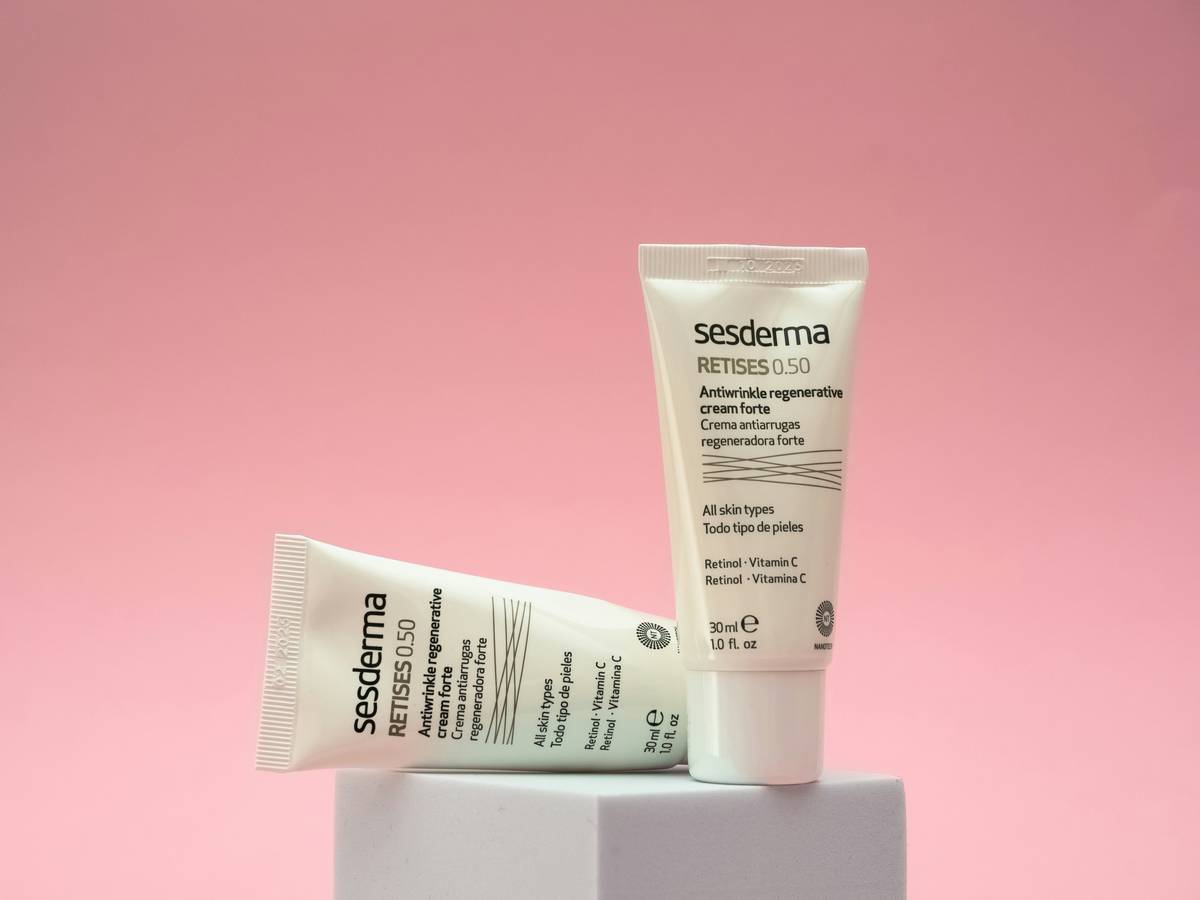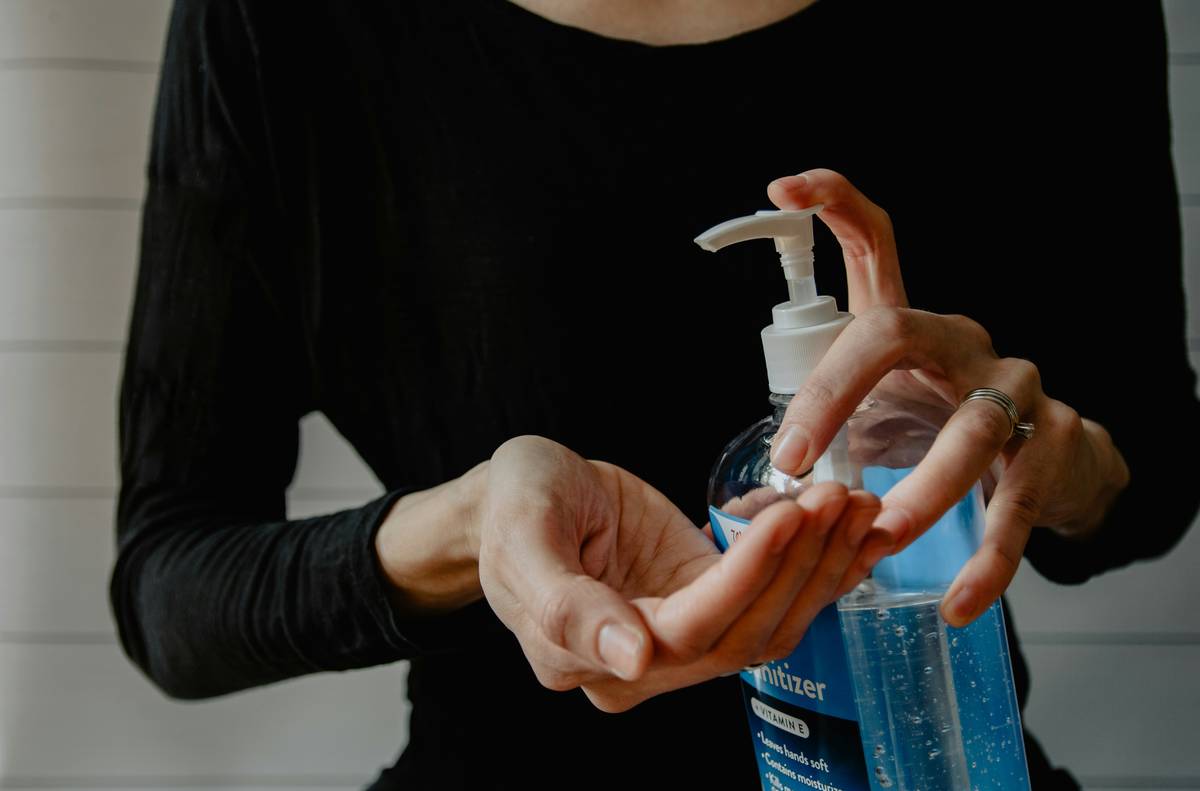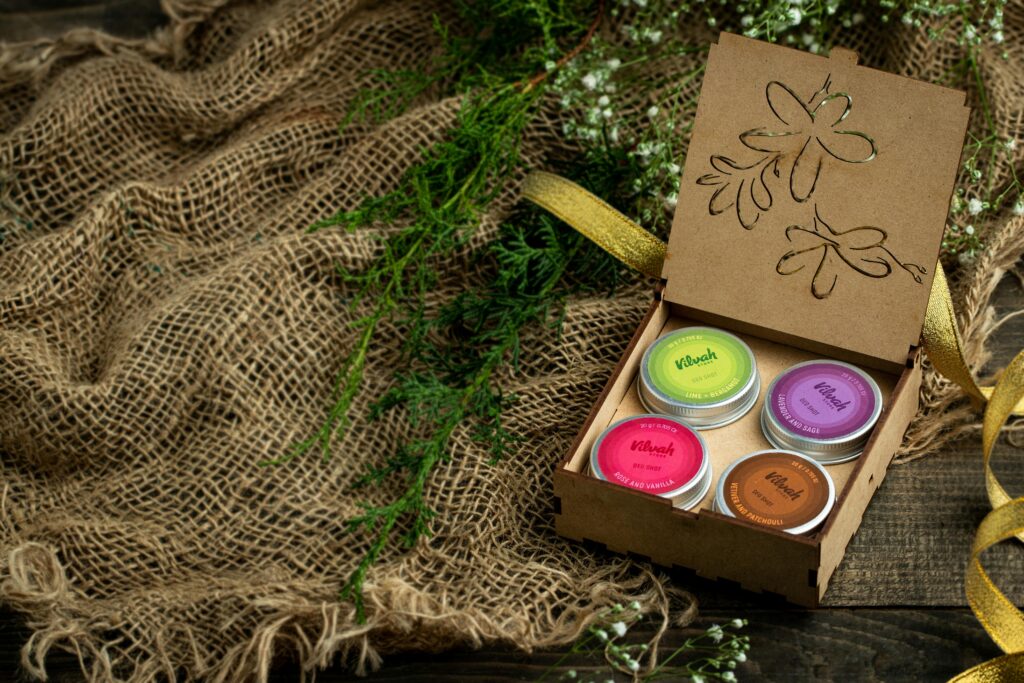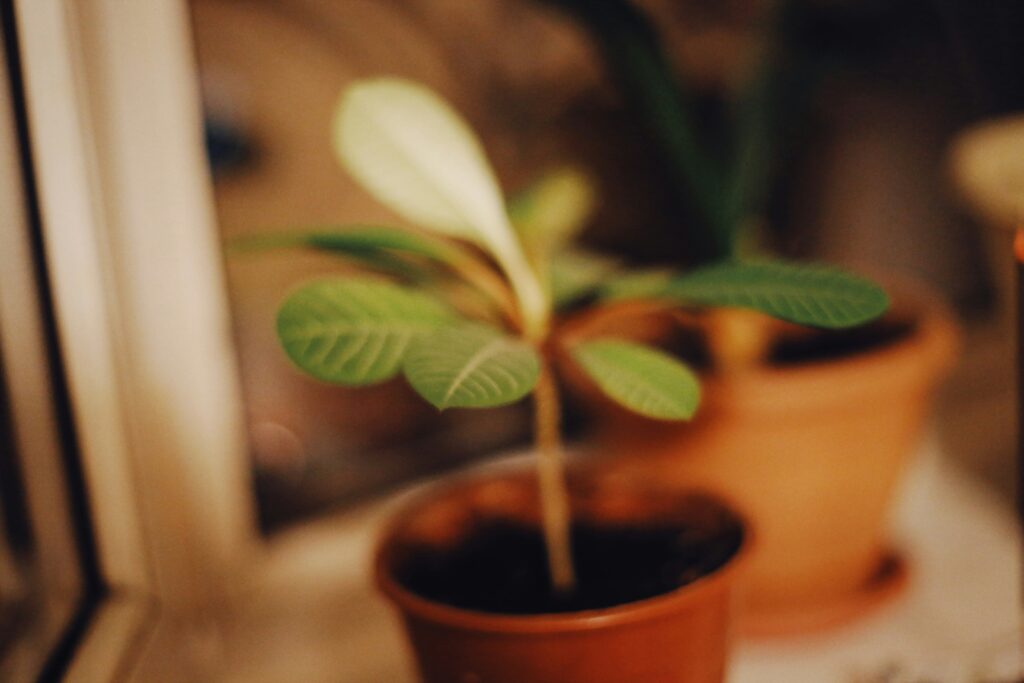Ever stared at your bathroom counter littered with half-empty moisturizer bottles, wondering why none of them actually work? You’re not alone. More than 60% of skincare users report dissatisfaction with conventional products riddled with parabens, synthetic fragrances, and harsh chemicals. But what if I told you the key to glowing skin might just be sitting in nature’s pantry? Let me introduce you to the wonders of natural moisture cream.
In this post, we’ll break down everything you need to know about natural moisture creams—from identifying their benefits to choosing the perfect one for your skin type. By the end, you’ll feel confident ditching those questionable ingredients once and for all.
Table of Contents
- Why Switch to a Natural Moisture Cream?
- How to Choose the Right Natural Moisture Cream
- Tips for Using Organic Moisturizers Effectively
- Real-Life Success Stories: People Who Swear by Natural Moisture Creams
- Frequently Asked Questions About Natural Moisture Cream
Key Takeaways
- Natural moisture creams are packed with nourishing botanicals that hydrate without harmful additives.
- Your skin type (oily, dry, combination) determines which cream will suit you best.
- Consistency is key—regular application delivers visible results over time.
- Patch testing new products prevents irritation, even with “natural” formulas.
Why Switch to a Natural Moisture Cream?
Picture this: A dewy glow minus the guilt of slathering on chemicals worse than processed food labels. It sounds too good to be true until it isn’t.
I once made the rookie mistake of grabbing a drugstore moisturizer because “it smelled nice.” Spoiler alert—it turned my combination skin into an oil slick within minutes. That’s when I realized most commercial brands load up on silicones and fragrances designed to awe but fail to nurture.
A natural moisture cream, however, harnesses the power of plant-based oils like jojoba, shea butter, and aloe vera. These aren’t buzzwords—they literally mimic your skin’s natural lipid barrier, locking in hydration while letting it breathe. And let me tell you, using something as pure as honey straight from the hive feels downright luxurious.

How to Choose the Right Natural Moisture Cream
Optimist You: “There are so many options! I can totally pick the perfect one!”
Granny You: “Ugh, fine—but only after coffee—and Google searches.”
Step 1: Identify Your Skin Type
Dry skin loves heavier creams rich in cocoa butter or avocado oil, whereas oily skin thrives on lightweight gels infused with hyaluronic acid. Combination? Go for balancers like calendula-infused lotions.
Step 2: Check the Ingredient List
Skip the jargon-filled spiel. If you see words like “paraben,” “phthalates,” or anything ending in “-cone” (silicones), run far away. Look instead for recognizable ingredients like chamomile extract, vitamin E, or green tea.
Step 3: Patch Test Before Committing
This may sound obvious, but here’s the truth bomb: Even “all-nature-approved” stuff can trigger sensitivities. Apply a dab behind your ear and wait 24 hours. No redness? Full steam ahead!
Tips for Using Organic Moisturizers Effectively
- Less is More: Contrary to popular belief, piling on product won’t make it work faster. Use a pea-sized amount for your face.
- Apply While Damp: Seal moisture into your skin immediately after cleansing or toning—this boosts absorption big time.
- Layer Strategically: Always go from thinnest to thickest texture (serum first, then moisturizer).
Note: One terrible tip floating around online suggests mixing natural creams with essential oils directly onto your face. DO NOT DO THIS. Essential oils undiluted can burn your skin faster than summer sunburn.
Real-Life Success Stories: People Who Swear by Natural Moisture Creams
Meet Sarah, who struggled with eczema flare-ups no clinical cream could tame. Enter coconut oil-based natural moisture cream. After two weeks, her skin transformed from patchy scales to baby-smooth softness.
Or how about Jake? With acne-prone skin, he switched to aloe vera gel-based formulas. His pores unclogged visibly, earning him compliments at work (and trust me, they weren’t lying). Real talk: Sometimes data beats marketing promises.

Frequently Asked Questions About Natural Moisture Cream
Are natural moisture creams suitable for sensitive skin?
Most are! But always check individual ingredients since some natural components (like peppermint oil) can irritate. Opt for hypoallergenic certified creams if unsure.
Do natural creams expire faster than regular ones?
Yes, they do tend to have shorter shelf lives due to fewer preservatives. Store them in cool, dark places and look for expiration dates.
Can I DIY my own natural moisture cream?
Totally possible! Pair almond oil, beeswax, and a few drops of lavender for an easy DIY blend. Pro tip: Sanitize all tools before whipping up your concoction.
Conclusion
Finding the right natural moisture cream might seem daunting, but armed with knowledge (and maybe some trial-and-error), your skin will thank you. Remember: Switch smartly, choose carefully, and apply consistently. The journey to healthier, happier skin starts today.
Haiku Time: Dew-kissed petals bloom Nature hugs your skin anew Glow glows naturally
P.S. Think of your skin routine like training a Tamagotchi: Careful care + patience = unstoppable results.


